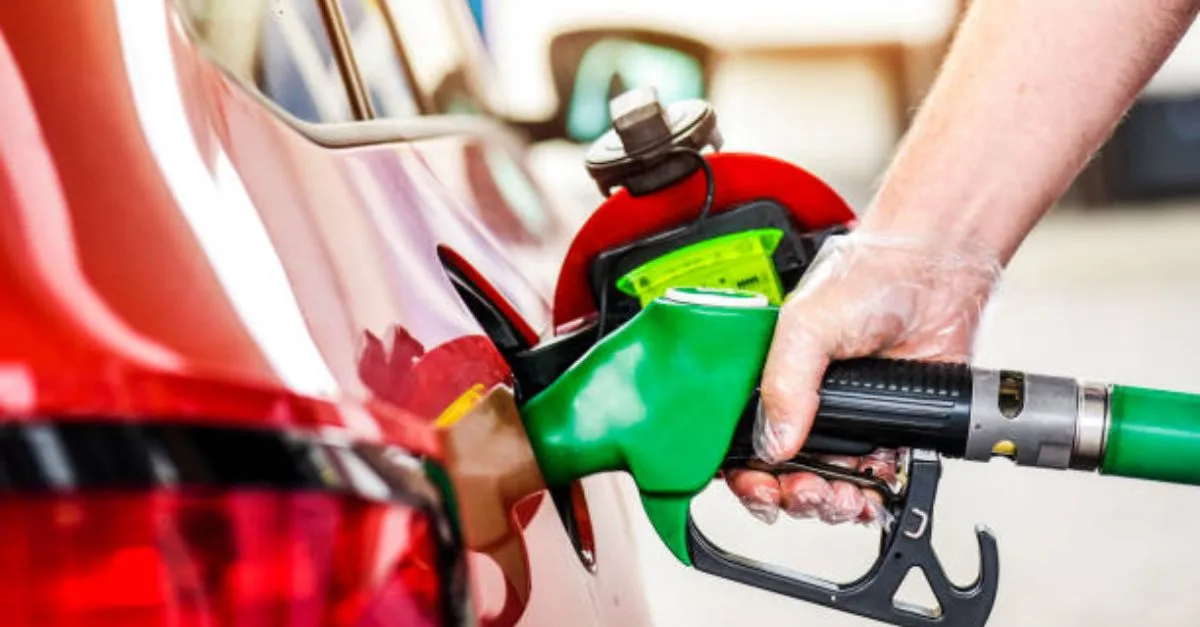- By Yashashvi Tak
- Mon, 01 Sep 2025 02:48 PM (IST)
- Source:JND
The Supreme Court on Monday dismissed a PIL challenging the government’s E20 scheme, which mandates blending 20 percent ethanol with petrol nationwide by 2025-26. The bench led by Chief Justice BR Gavai and Justice K Vinod Chandran rejected the plea after Attorney General R Venkataramani argued that the petitioner, who sought ethanol-free petrol for pre-2023 vehicles, was “an Englander, someone from outside trying to dictate fuel use.”
During arguments, senior advocate Shadan Farasat, representing the petitioner, cited a 2021 NITI Aayog report warning that older vehicles, especially those made before 2023, could see around 6 percent reduced fuel efficiency on blended petrol.
ALSO READ: 'One Who Can Fool...': Nitin Gadkari's Candid Remark On Leadership Draws Attention Once Again
"We have to be given an option... we are not against E20 but at least let suppliers inform us that some vehicles are not compliant with the same. Only vehicles post-April 2023 can tolerate E20."
The petitioner admitted that E20 was a “logical progression” in fuel policy and clarified he was not opposing the higher blend itself, but only the “non-availability of E10 petrol.” Attorney General R Venkataramani countered, alleging the petitioner was a “name-holder” for a powerful lobby with vested interests, and argued that E20 would boost sugarcane farmers’ incomes while reducing foreign exchange outflow.
“Will people outside the country dictate what kind of fuel India should use?” he asked.
Government’s E20 Scheme Benefits
The government’s E20 rollout, however, has drawn criticism from car owners and auto enthusiasts, who fear the blend could hurt engine performance, reduce mileage, increase mechanical problems, and shorten the overall lifespan and reliability of vehicles.
Earlier this month, the government said the move would not only cut pollution and save on oil imports but also improve acceleration and ride quality. Highlighting gains for the rural economy, the ministry added that higher farmer incomes from ethanol production had even helped curb suicides.
Meanwhile, Union Road Transport and Highways Minister Nitin Gadkari said that vehicular pollution had declined after ethanol blending. “The aim is to curb India’s carbon footprint and reduce fossil fuel dependence.”
ALSO READ: UP’s Zero Poverty Mission Lifts 3.7 Lakh Families; Focus On Housing, Health, Education
"A study on life cycle emissions of Ethanol done by NITI Aayog has said that GHG (greenhouse gas) emissions in case of use of sugarcane and maize-based ethanol are less by 65 percent and 50 percent, respectively than those of petrol," the Ministry of Petroleum and Natural Gas said.
Ethanol blending averaged 12.06 percent in 2022-23, rose to 14.6 percent the following year, touched 19.6 percent by February, and soon after crossed the 20 percent target.

